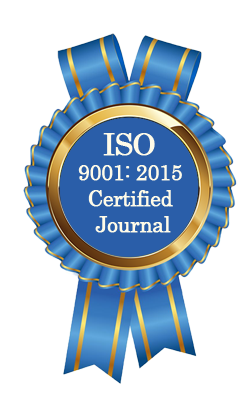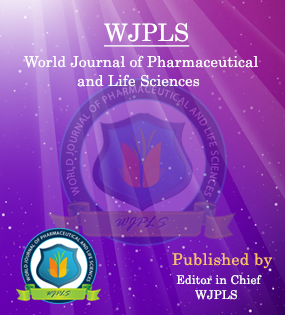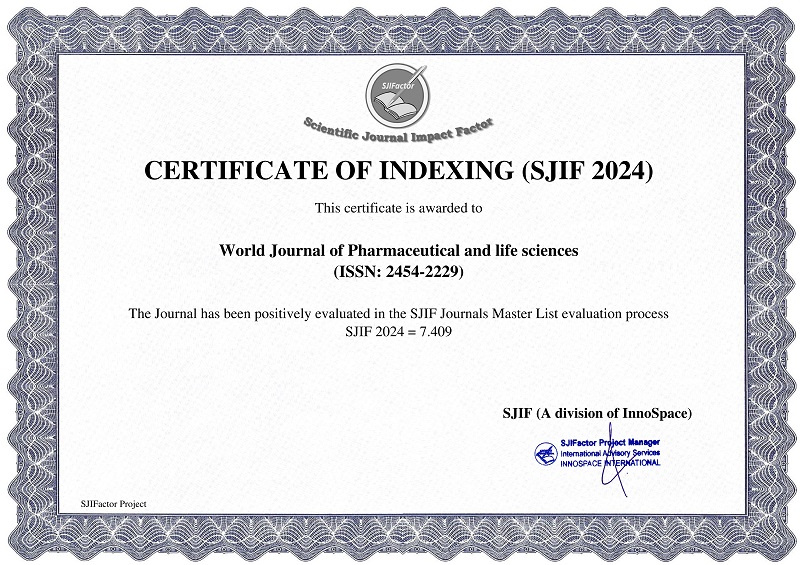Abstract
ALLIUM PORRUM: A REVIEW
Monika N. and Sakthi Abirami M.*
ABSTRACT
Plants with medicinal capacity have always been an important target for drug development. Plants of the genus Allium have recognised as rich sources of secondary metabolites endowed with interesting biological activities. Allium porrum L. (Synonym: leek) is a bulbous perennial plant belongs to the Alliaceae family. Leeks have a delicate, sweet oniony flavour. The phytochemical screening of the plant showed the presence of tannin, saponins, flavonoids, quinine, glycoside, cardiac glycoside, terpenoids, phenol, coumarins, steroids, alkaloids, anthocyanin and betacyanin. Allium porrum used in many pathological conditions such as stomach ulcer, sores, wounds, tuberculosis, reduced blood pressure and anti-helmenthic. It is used treatment of blood clotting disease. Recent studies showed that consumption of leeks Cause reduction in the serum triglycerides in hypercholesterolemia, reduces the risk of prostate cancer, colorectal cancer, stomach cancer, breast cancer and prevention of neural tube defects and other disorders. Allium species are toxic to dogs and cats. Clinical signs of Allium species toxicosis may appear within one day of consumption if large amounts of material have ingested. Clinical signs often include depression, haemoglobinuria, Hemosiderin urinary casts, icterus, tachypnea, tachycardia, weakness, exercise intolerance, inappetence, abdominal pain, diarrhoea and cold sensitivity.
[Full Text Article] [Download Certificate]WJPLS CITATION 
| All | Since 2020 | |
| Citation | 590 | 424 |
| h-index | 12 | 10 |
| i10-index | 17 | 14 |
INDEXING
NEWS & UPDATION
BEST ARTICLE AWARDS
World Journal of Pharmaceutical and life sciences is giving Best Article Award in every Issue for Best Article and Issue Certificate of Appreciation to the Authors to promote research activity of scholar.
Best Article of current issue
Download Article : Click here





